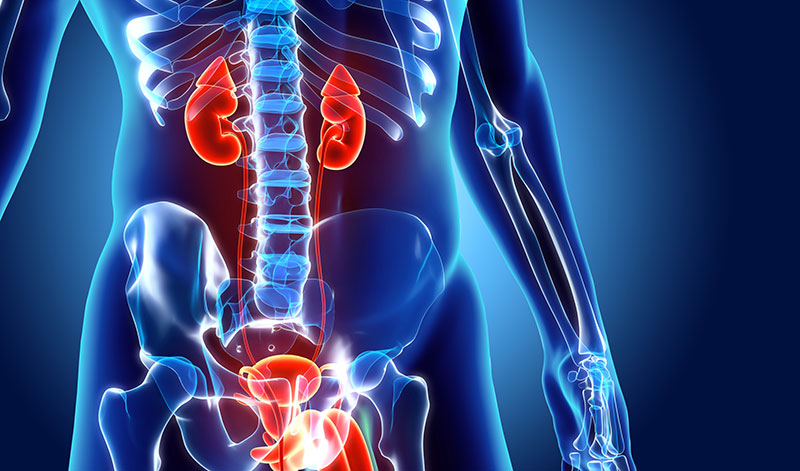Your assigned urologist and his nurse will meet with you by video to review your second opinion results. He will answer your questions. If surgery is needed, and you are considering surgery in the United States, be sure to let him know.
Read below to gain a detailed understanding of the surgery process.
Abstract
Urology surgery involves procedures related to the urinary tract and male reproductive organs. Common urology surgeries include prostate surgery, kidney surgery, bladder surgery, and surgeries for urinary stones.
Types of Urology Surgeries
Pre-Surgery Activities
Post-Surgery Activities
Understanding the specifics of your particular urology surgery, including potential risks and expected outcomes, is crucial. Always consult with your healthcare provider for personalized advice and instructions.

Please be aware that the services offered on this platform are with U.S. physicians via a virtual 2nd opinion service. Diagnosis may differ when the physician has had the opportunity to provide an in-person examination. The absence of the in-person examinations can affect the accuracy of the diagnosis and resulting opinion. Please also be aware that a virtual 2nd opinion will not establish a provider-patient relationship. The provide patient relationship can only be established when the patient signs a consent to treatment form in the physician’s physical clinic location in the United States.